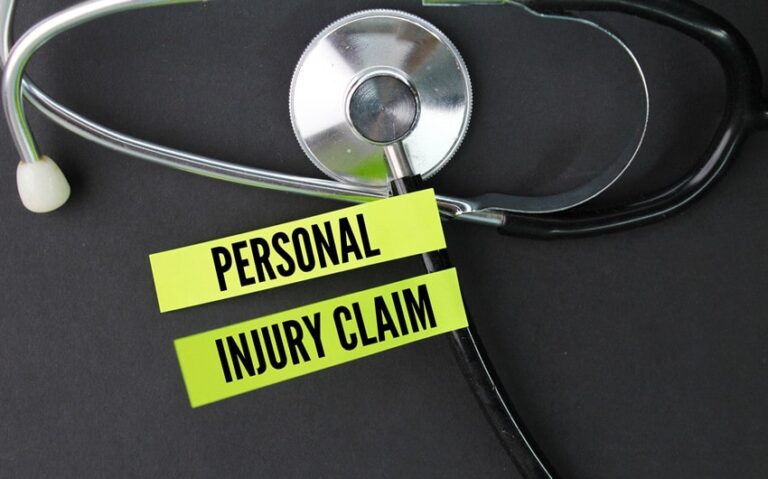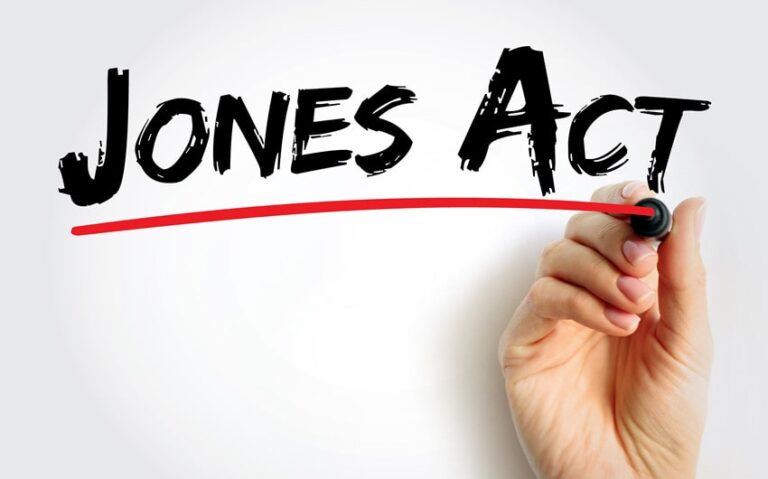120 Critical Questions to Ask a Divorce Lawyer for Success
Going through a divorce can feel overwhelming, especially when it comes to navigating legal matters. Choosing the right lawyer is one of the most important decisions you’ll make during this time. Asking the right questions ensures you’re getting the support and guidance you need. Whether you’re worried about finances, custody, or just want to know what to expect, having a solid list of questions to ask a divorce lawyer can make all the difference.
With the right information, you’ll feel more prepared and confident as you take the next steps toward a fresh start.

Initial Questions to Understand the Lawyer’s Experience
Choosing a lawyer with the right experience can make a huge difference in the outcome of your divorce. You want someone who not only understands the legal system but has also handled cases similar to yours. These questions will help you gauge their experience and determine if they’re the right fit for your situation:
1. How long have you been practicing family law?
2. How many divorce cases do you handle each year?
3. What percentage of your practice is dedicated to divorce cases?
4. Have you handled cases with similar complexities to mine (e.g., high assets, children, business ownership)?
5. Are you familiar with the local family court judges and their tendencies?
6. What is your success rate in resolving divorce cases out of court?
7. Have you ever handled cases where mediation was required? How often do they settle?
8. How many cases have you taken to trial? What were the results?
9. Do you have experience with cases involving domestic violence or restraining orders?
10. What challenges have you faced in divorce cases, and how did you overcome them?
11. Have you dealt with cases where one spouse hides assets? How do you approach those situations?
12. What’s the longest divorce case you’ve handled, and why did it take so long?
13. Do you specialize in any particular types of divorce, such as collaborative law or contested divorces?
14. How familiar are you with complex financial issues like dividing retirement accounts or businesses?
15. How do you stay updated on changes in family law and divorce legislation?
Questions About the Divorce Process
Understanding the divorce process can help reduce uncertainty and give you a clearer idea of what lies ahead. Here are important questions to ask to get a better grasp of how things will proceed:
1. What is the typical divorce process in this state?
2. What are the legal steps involved in filing for divorce?
3. How long does the average divorce process take from start to finish?
4. What are the chances of my case going to trial?
5. What are the factors that could speed up or delay the process?
6. Are there any legal requirements or waiting periods specific to this state?
7. How is the division of property typically handled in divorces?
8. Can we use mediation instead of going to court, and how does that process work?
9. How does the court determine alimony or spousal support?
10. What is the difference between an uncontested and contested divorce?
11. How often do cases settle before reaching a courtroom?
12. What should I expect during court appearances or hearings?
13. What are the biggest challenges clients face during the divorce process?
14. Can temporary orders be requested for issues like custody or support during the process?
15. What can I do to prepare myself mentally and financially for the divorce?
Questions About Fees and Costs
Divorces can become costly, so it’s essential to understand how the lawyer charges and what additional expenses to anticipate. These questions will help you get a clearer picture of the financial aspects:
1. How do you charge for your services (hourly, flat fee, or retainer)?
2. What is your hourly rate, if applicable?
3. How much do you require as a retainer, and how is it billed?
4. Are there any additional costs I should be aware of, such as court fees or filing fees?
5. Do you charge for phone calls, emails, or meetings outside of court hours?
6. What is the typical total cost range for a divorce like mine?
7. How will I be billed for your services—monthly or at the end of the case?
8. Can you provide an estimate of the overall cost based on the specifics of my case?
9. Are there payment plans or financial assistance options available?
10. What happens if my case takes longer than anticipated? Will the costs increase?
11. Can I expect to pay for experts such as financial advisors, appraisers, or child specialists?
12. What costs can I expect if we go to trial versus settling out of court?
13. Will I be charged for consultations with other professionals you recommend (e.g., forensic accountants)?
14. Are there hidden costs that clients often overlook in divorce cases?
15. What options do I have if my financial situation changes during the process?
Questions About Communication and Strategy
Communication with your lawyer is key throughout the divorce process. You’ll also want to understand how they plan to approach your case. Here are questions that address both aspects:
1. How often will we communicate, and what is your preferred method (email, phone, in-person)?
2. Will you be handling my case directly, or will other attorneys or paralegals be involved?
3. If other team members are involved, how much of my case will they handle?
4. How quickly do you typically respond to emails or phone calls?
5. How will I be updated on the progress of my case?
6. What is your overall strategy for handling divorce cases like mine?
7. How do you approach negotiations with the other party or their lawyer?
8. Will you try to settle my case out of court, or are you prepared to go to trial if needed?
9. What is your experience with mediation and alternative dispute resolution methods?
10. How can I help you develop the strongest case strategy possible?
11. What are the risks and rewards of pushing for a trial rather than settling?
12. Will you involve me in all decisions, or do you prefer to take the lead?
13. How do you handle disagreements or conflicts between me and the other party during the case?
14. What should I do if I feel like the communication between us isn’t working?
15. Do you have a contingency plan if something unexpected happens, like the other party contesting key issues?
Questions About Legal Rights and Custody
If your divorce involves children or significant shared assets, it’s crucial to understand your legal rights. These questions can provide clarity on custody, support, and the division of property:
1. What are my legal rights when it comes to child custody and visitation?
2. How is child custody determined in divorce cases?
3. Can I request joint custody or primary custody, and what are my chances of getting it?
4. How is child support calculated, and what factors are considered?
5. What are my rights if my ex-partner doesn’t follow the custody agreement?
6. What happens if one parent wants to move out of state with the children?
7. How will our assets and debts be divided?
8. How are retirement accounts or pensions divided in divorce?
9. What happens to the family home during the divorce?
10. How is spousal support or alimony determined, and what can I expect?
11. What steps can I take to protect my financial interests during the divorce?
12. How does the court handle cases where one spouse is hiding assets?
13. Can I modify child custody or support agreements later if circumstances change?
14. What are my rights regarding pets or other shared responsibilities?
15. What should I expect if the other party contests issues like custody, support, or property division?
Questions About Settlement and Alternatives
Many divorces are resolved outside of court, and understanding your options for settlement or alternative dispute resolution can help streamline the process. Here are important questions to ask your lawyer about settlement possibilities and alternatives to a trial:
1. What are the chances of reaching a settlement without going to court?
2. How does the settlement negotiation process work?
3. Are there alternative methods like mediation or collaborative divorce that would be suitable for my case?
4. What are the pros and cons of mediation versus going to court?
5. How do you handle cases where the other party refuses to compromise?
6. How long does it typically take to reach a settlement through negotiation?
7. What are the most common issues that prevent a settlement from being reached?
8. How can we avoid the case going to trial?
9. What happens if we reach an impasse during settlement discussions?
10. Can we settle specific issues (e.g., custody) and leave others for the court to decide?
11. How do you approach dividing marital property in settlement negotiations?
12. How do you ensure that the settlement terms are fair and enforceable?
13. What are the risks involved in settling too quickly or without full disclosure of assets?
14. How do we handle settlement discussions when emotions are high on both sides?
15. What are the legal options if my ex-spouse breaches the settlement agreement later on?
Questions About Long-Term Impact
A divorce can have lasting effects on your finances, family, and future. It’s essential to understand how decisions made during the divorce process will affect you in the long run. These questions will help you consider the broader implications:
1. How will the divorce impact my financial situation long-term?
2. What should I know about dividing retirement funds and pensions?
3. Will this divorce affect my credit score, and how can I protect it?
4. How will child custody arrangements affect my parenting time in the long run?
5. Can I modify spousal or child support if my financial situation changes down the road?
6. What are the long-term tax implications of spousal support or child support payments?
7. How will this divorce affect my estate planning or beneficiaries?
8. What happens to our jointly owned assets like the family home or investments after the divorce?
9. Will I be entitled to a portion of my spouse’s future earnings or business income?
10. How can I protect my financial security after the divorce is finalized?
11. What steps should I take to rebuild my financial independence after the divorce?
12. How does divorce affect my ability to make future legal claims (e.g., regarding pensions or property)?
13. What should I consider about health insurance coverage post-divorce?
14. Are there legal restrictions on changing my will or beneficiaries during the divorce process?
15. How can I plan for future legal disputes or changes in custody and support agreements?
Final Considerations Before Hiring a Lawyer
Before making your final decision on which lawyer to hire, there are a few more key questions to consider. These will help you assess whether the lawyer is the right fit for your case and ensure you’re comfortable with your choice:
1. What sets you apart from other divorce lawyers in the area?
2. Can you provide references or testimonials from previous clients who had cases similar to mine?
3. What is your approach to dealing with difficult or uncooperative spouses during the process?
4. How many clients are you currently representing, and will you have the time to focus on my case?
5. Do you have experience with high-conflict divorces or particularly challenging situations?
6. How do you manage client expectations throughout the divorce process?
7. How will we set and review goals for my case to ensure we’re on track?
8. What are the possible outcomes I should prepare for, both positive and negative?
9. How do you handle client confidentiality, especially in sensitive or high-profile cases?
10. What can I expect in terms of court appearances—will you always be present, or will other team members represent me?
11. How can I best prepare myself for the emotional and financial aspects of this divorce?
12. Do you have any advice for how to protect my mental health and well-being during this process?
13. What common mistakes do clients make during their divorce, and how can I avoid them?
14. Will you help me create a post-divorce plan, including financial and legal steps I should take?
15. If I’m unsure about moving forward with the divorce, can you offer guidance on other options, like counseling or legal separation?







